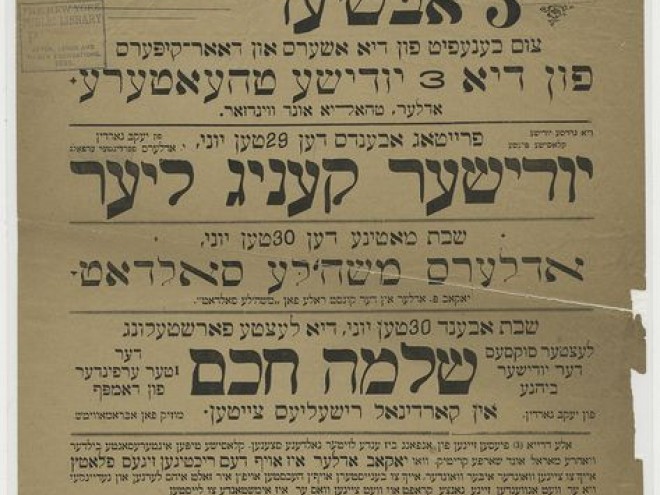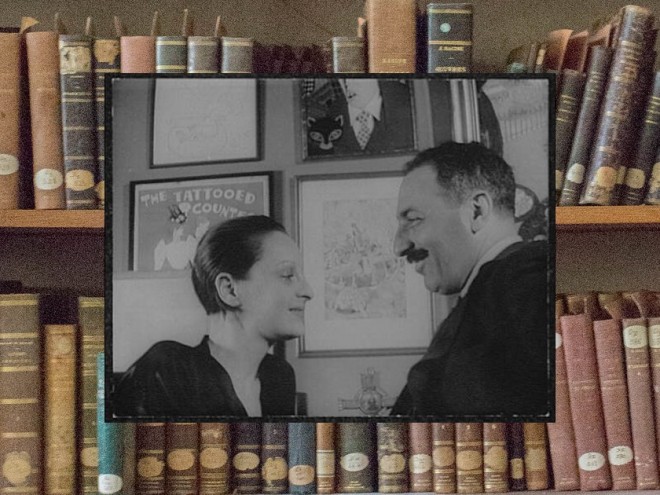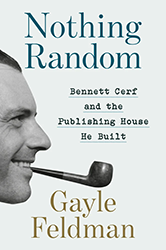“Life is unfair,” President Kennedy famously remarked. In The Literary Mafia: Jews, Publishing, and Postwar American Literature, Lambert explores the unfairness of literary life in particular, confronting six-decades-old insinuations about the publishing industry. Barely three percent of the American population, Jews conspicuously involved themselves in the major decisions of major publishing houses to determine which manuscripts were worthiest. These books then came to the attention of critics and reviewers — also Jews — attached to some of the most prestigious forums of taste and opinion. Their praise or dismissal could make or break careers. In this same postwar era, Jewish writers of fiction ascended Parnassus, winning Pulitzer Prizes and National Book Awards. Saul Bellow once referred to himself, Bernard Malamud, and Philip Roth as a bloc — the Hart Schaffner Marx of belles-lettres. Were such triumphs coincidence or conspiracy? A reflection of sheer talent, or merely a sign of tribalism?
Lambert, who is extremely savvy and well-read, exonerates Jewish publishers, editors, and critics from the charge of ethnic favoritism. He cannot discern any persistent patterns of ethnic solidarity — not even in the company records of the publishing houses that Jews like Alfred and Blanche Knopf founded. But then — in the bulk of The Literary Mafia—he insists that no objective standards for judging artistic merit exist anyway. His book provides no criterion for weighing whether, say, the Hart Schaffner Marx of postwar fiction earned their prizes justly. The writing trade, Lambert shows in brisk chapters, consists of networking. Sometimes parents help out their aspiring and gifted children. Sometimes teachers help out their ambitious and promising students. Perhaps publishers and editors help out writers according to recognition of some shared ancestry or gender. There is no viable way besides networking to organize the recruitment of talent and the arrangement of the scarce resources — unevenly distributed — by which writers find readers.
Lambert is also keenly sensitive to the predatory sexual habits that some male “benefactors” have exhibited with protégées, for which one remedy may be the law. But such incidents reflect the larger problem that is the theme of this book: the system is inherently unfair. Lambert finds the only corrective in the multicultural mantra of diversity. Having exculpated the Jews who disproportionately defined the postwar contours of the literary marketplace, he shows that, though non-Jews cannot claim discrimination, non-whites certainly can. Lambert therefore pleads for enlargement and inclusion, to sustain the momentum that began with women. So far, the demographic changes that his book recounts and envisions have largely remained within the groove of the great publishing houses that Jews founded: Simon & Schuster, Knopf, Pantheon, Schocken, Viking. Their legacy has endured, even as the role of Jewish executives and editors, he surmises, will become less prominent.
Stephen Whitfield is Professor of American Studies (Emeritus) at Brandeis University. He is the author of Learning on the Left: Political Profiles of Brandeis University (2020).





